Why change the basin
Generally, if flowers are raised in flowerpots, they should be changed in a year or two, because the space of flowerpots is limited and the culture soil is also limited. The root system of the plant extends and absorbs the nutrients in the culture soil. Once there is no nutrient supply, it will greatly block the growth, development and reproduction of the plant
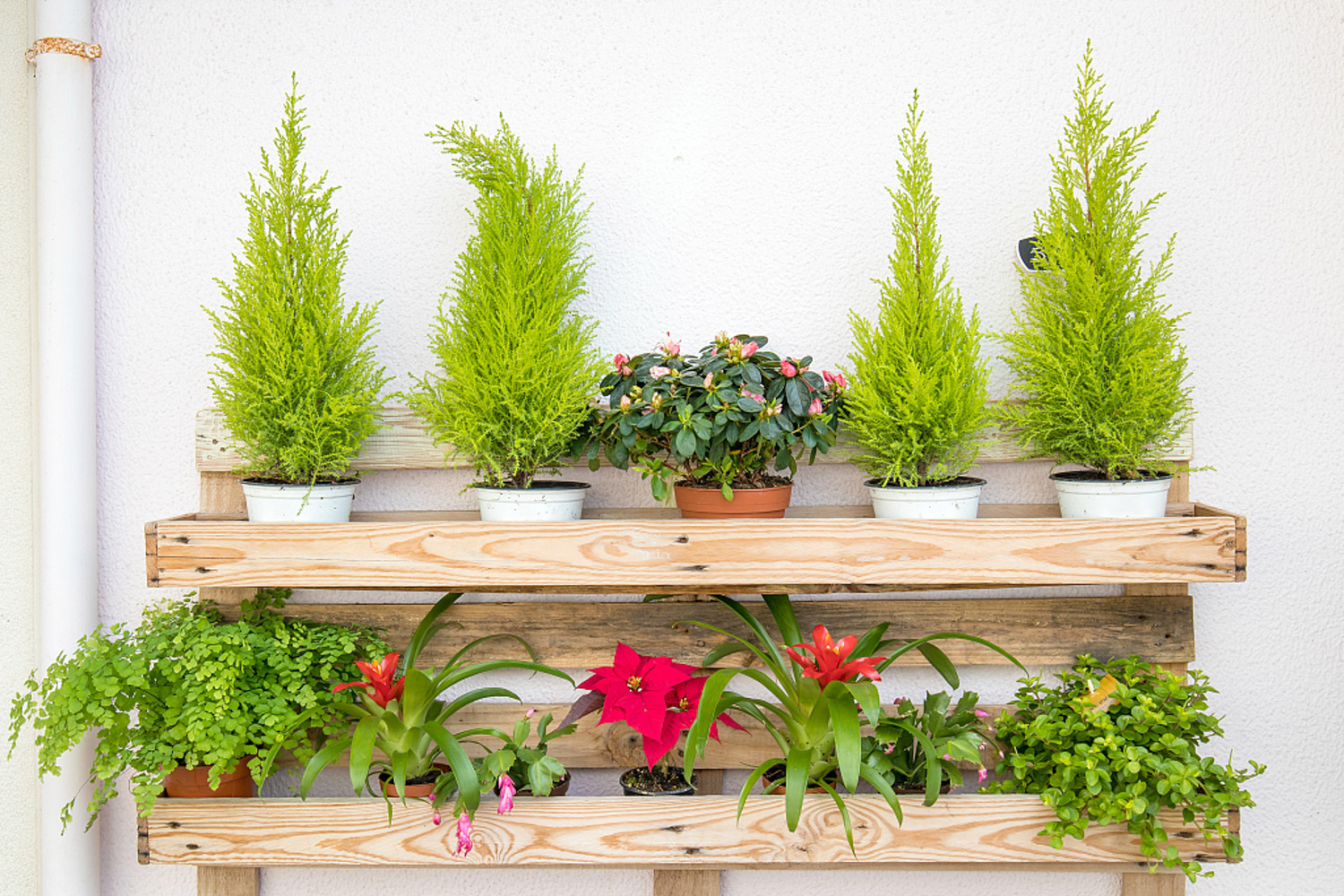
In this case, we have to change the basin
1. Grow slowly
The flowers bought home have been carefully maintained for a long time, but the result is not long
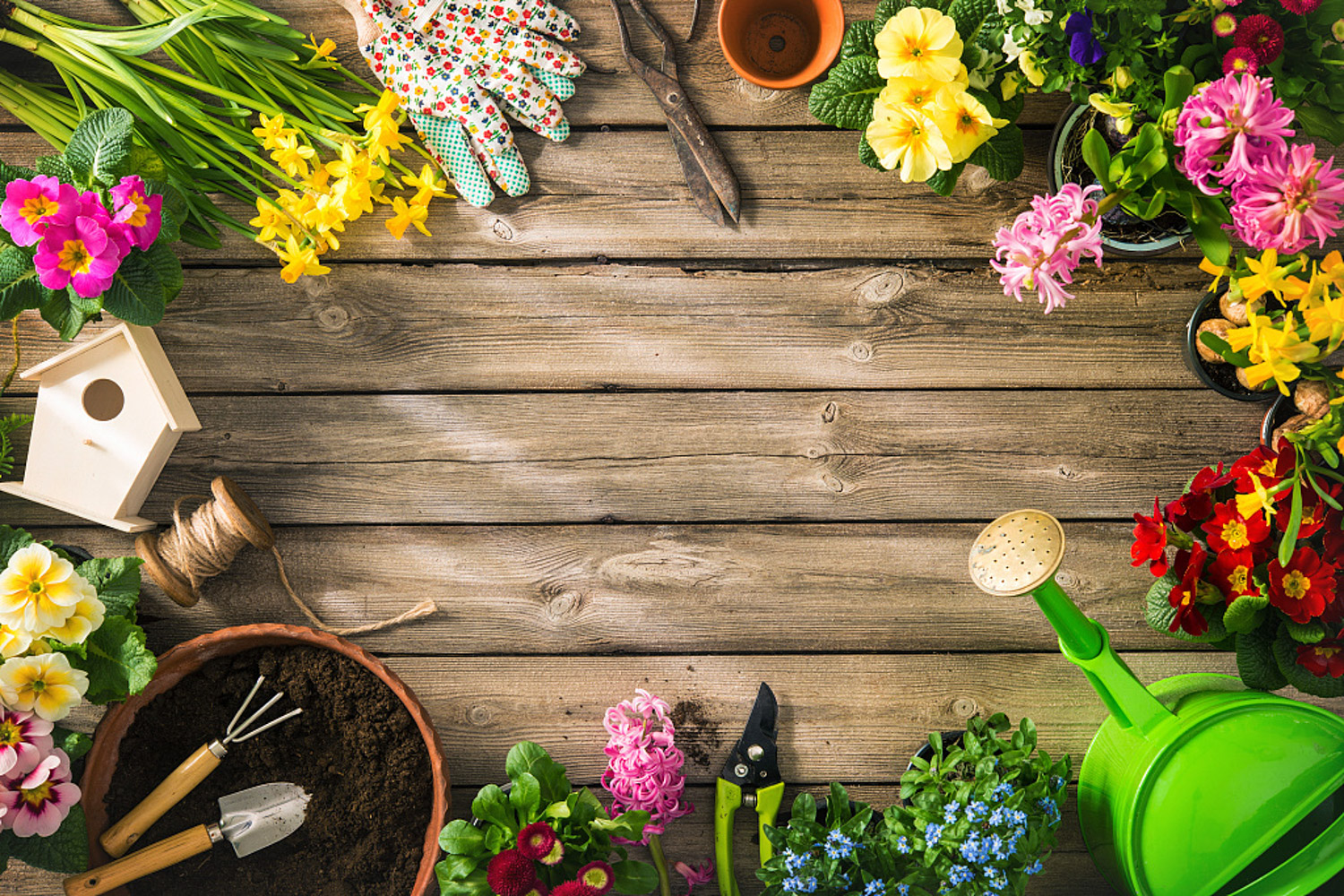
2. No flowering
A potted flower has been raised for two or three years, but it doesn't bloom
3. Soil hardening
Observing the soil in the flowerpot, I found that it had hardened
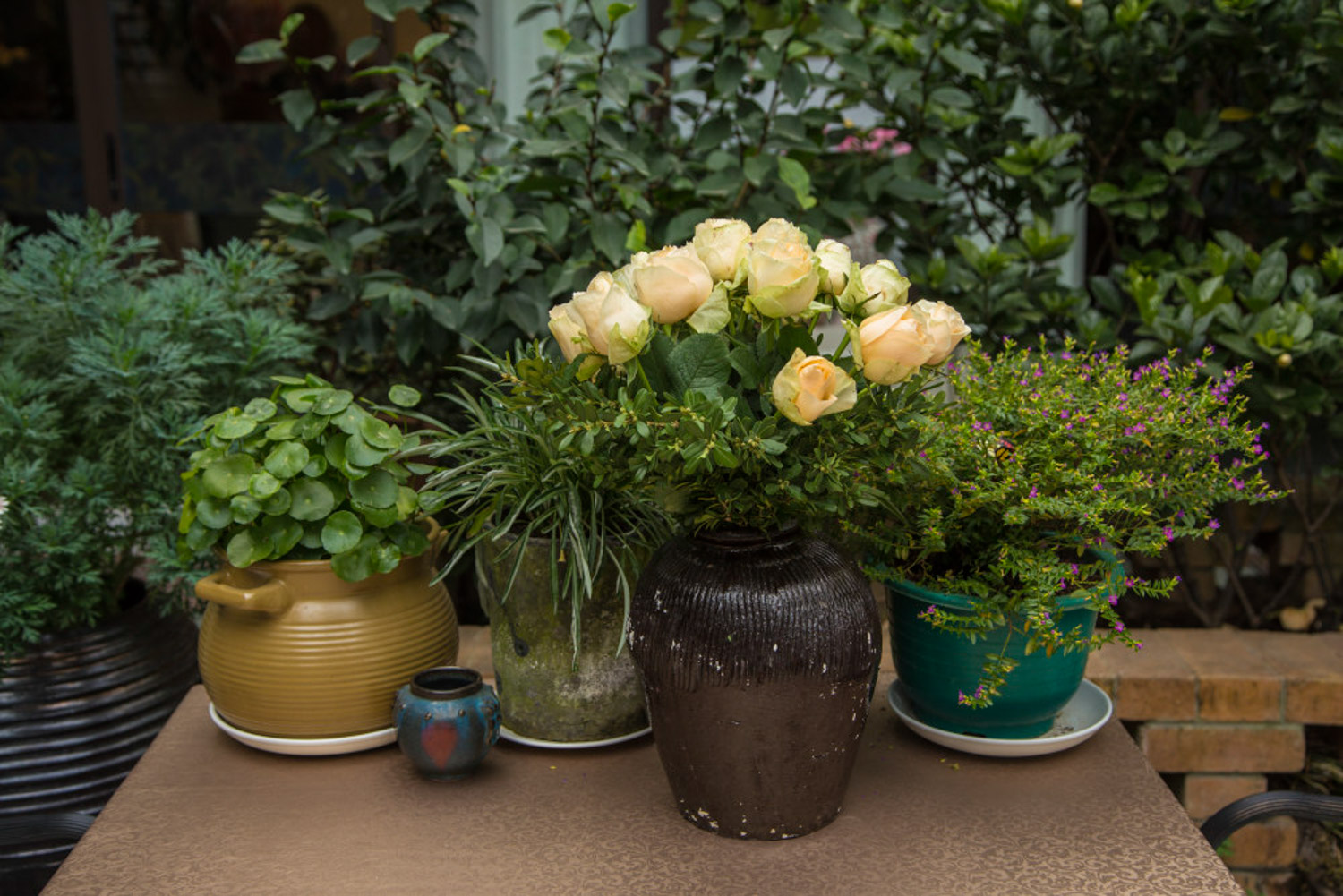
4. The flowerpot has cracks
The wall of the flowerpot is broken. Don't think about it. Change the pot quickly
Specific steps for changing Basin
Take rose as an example
1. Preparation before changing Basin
Prepare large flowerpots, nutrient soil, base fertilizer, ceramsite and green zeolite in advance
PS: if you use a new flower pot, you should soak it in water in advance. If the old flowerpot is used, it should be placed under the sun and exposed to the sun for four or five hours to sterilize
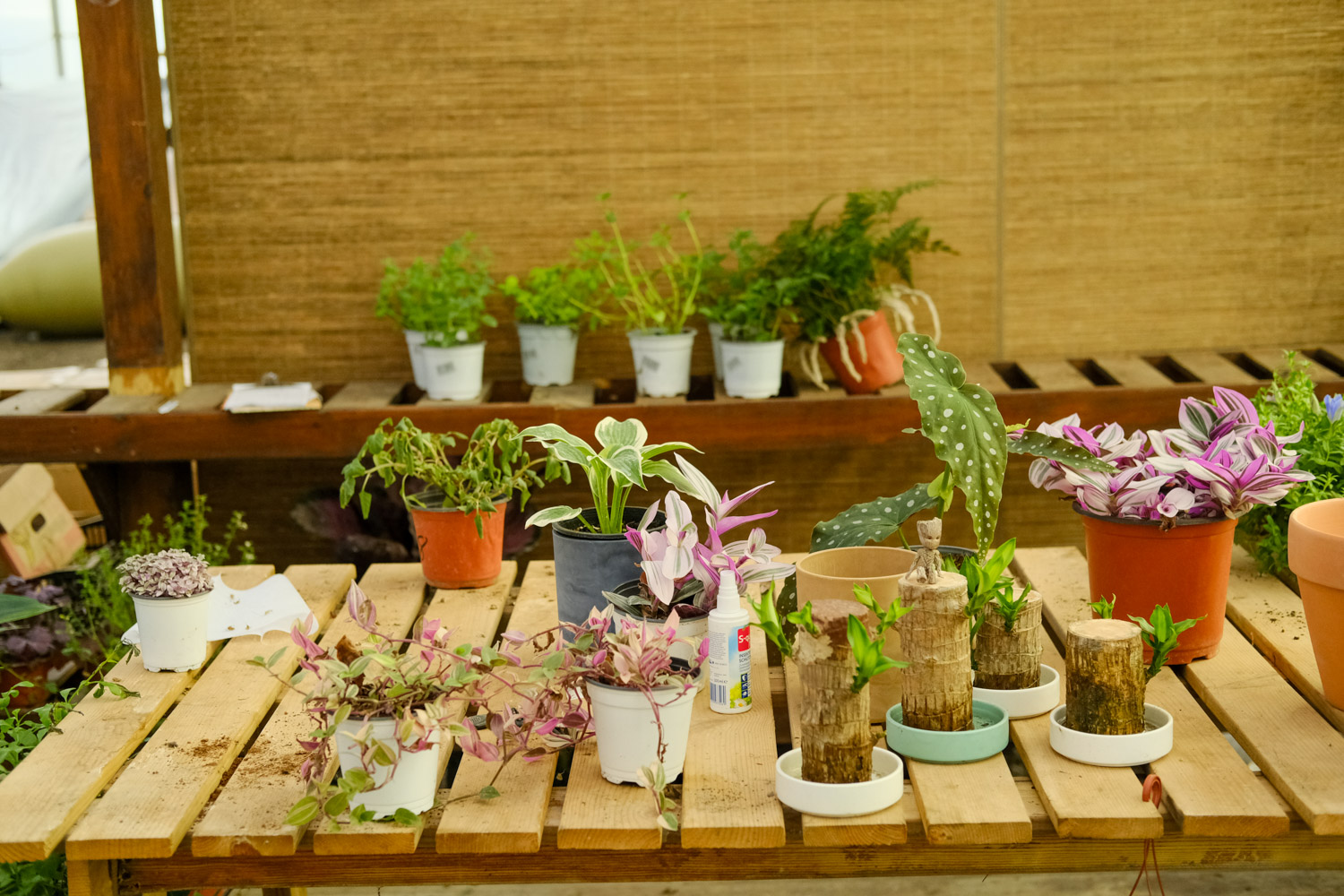
2. Control water for plants before changing pots
One week before changing pots, gradually reduce the frequency and amount of watering for the plants, and keep the pot soil semi dry, which is conducive to subsequent plant de potting
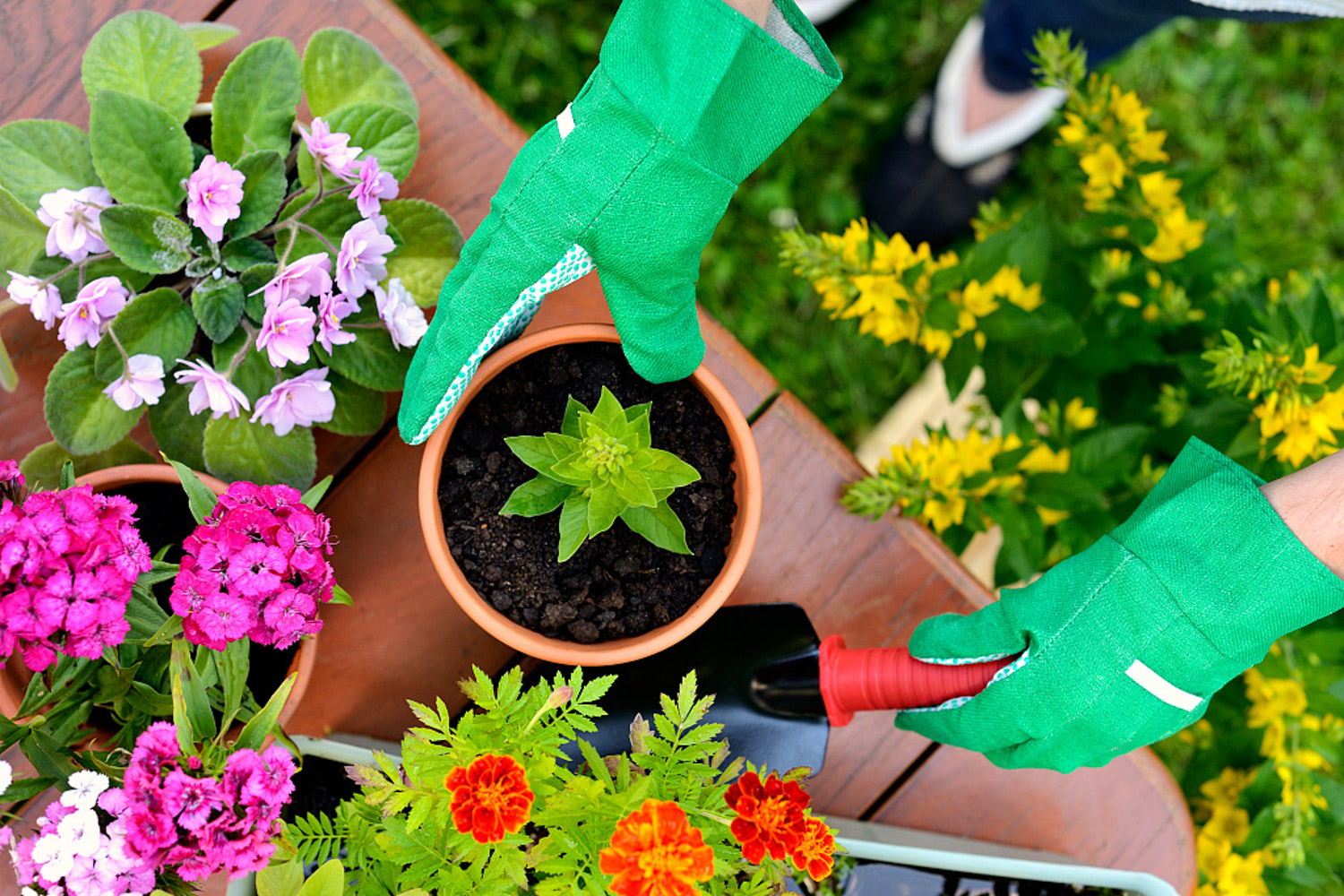
3. Fill the flowerpot with soil, base fertilizer, etc
Lay a layer of ceramsite at the bottom of the flowerpot, two or three centimeters, which will make the plant not easy to rot. Add a small amount of nutrient soil, put some base fertilizer, and then fill in some culture soil, waiting for the plant to be put into the basin
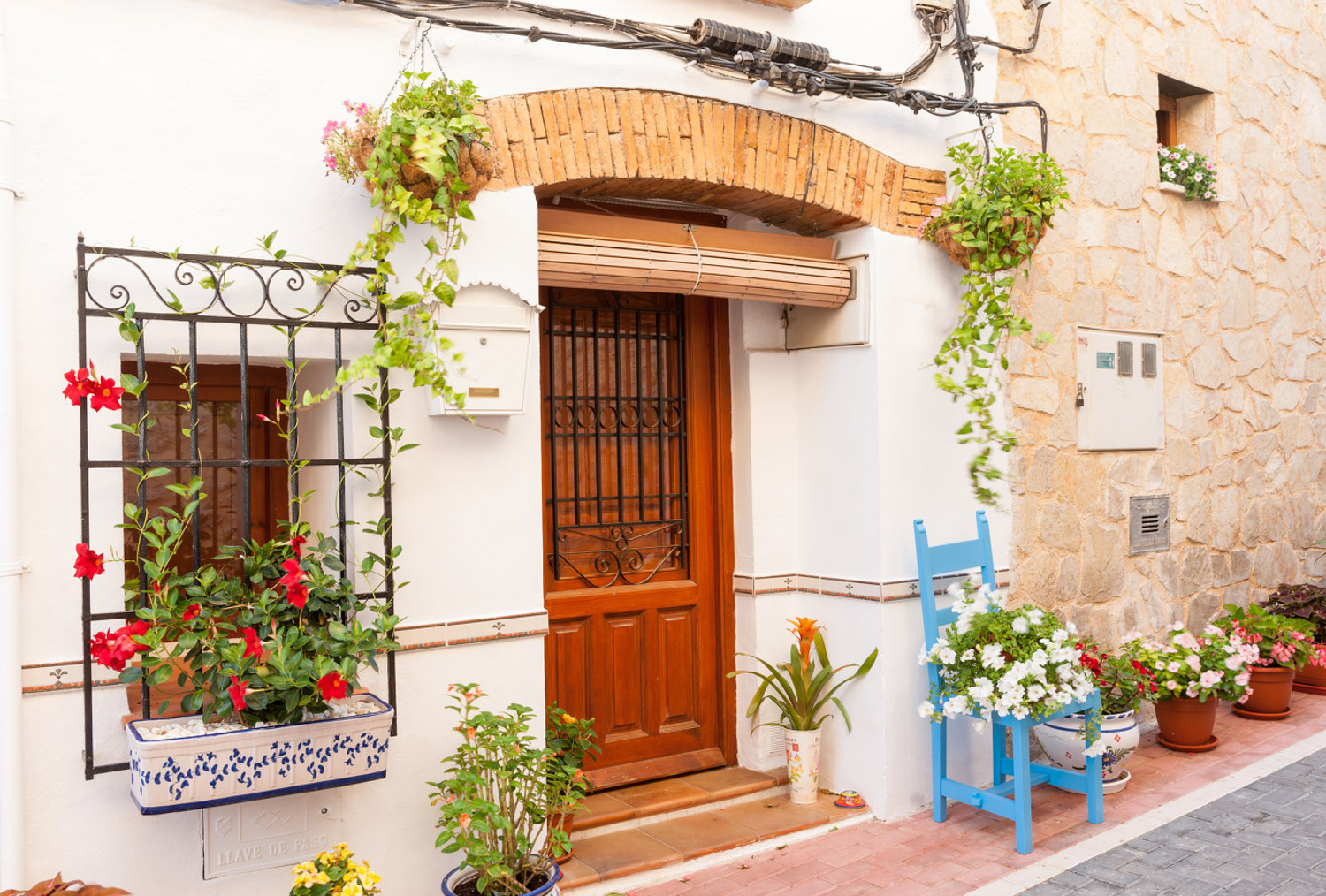
4. Plant decanting
If the plant is relatively small, you can directly buckle the flowerpot, and then pat the bottom of the flowerpot to pour the plant out of the flowerpot
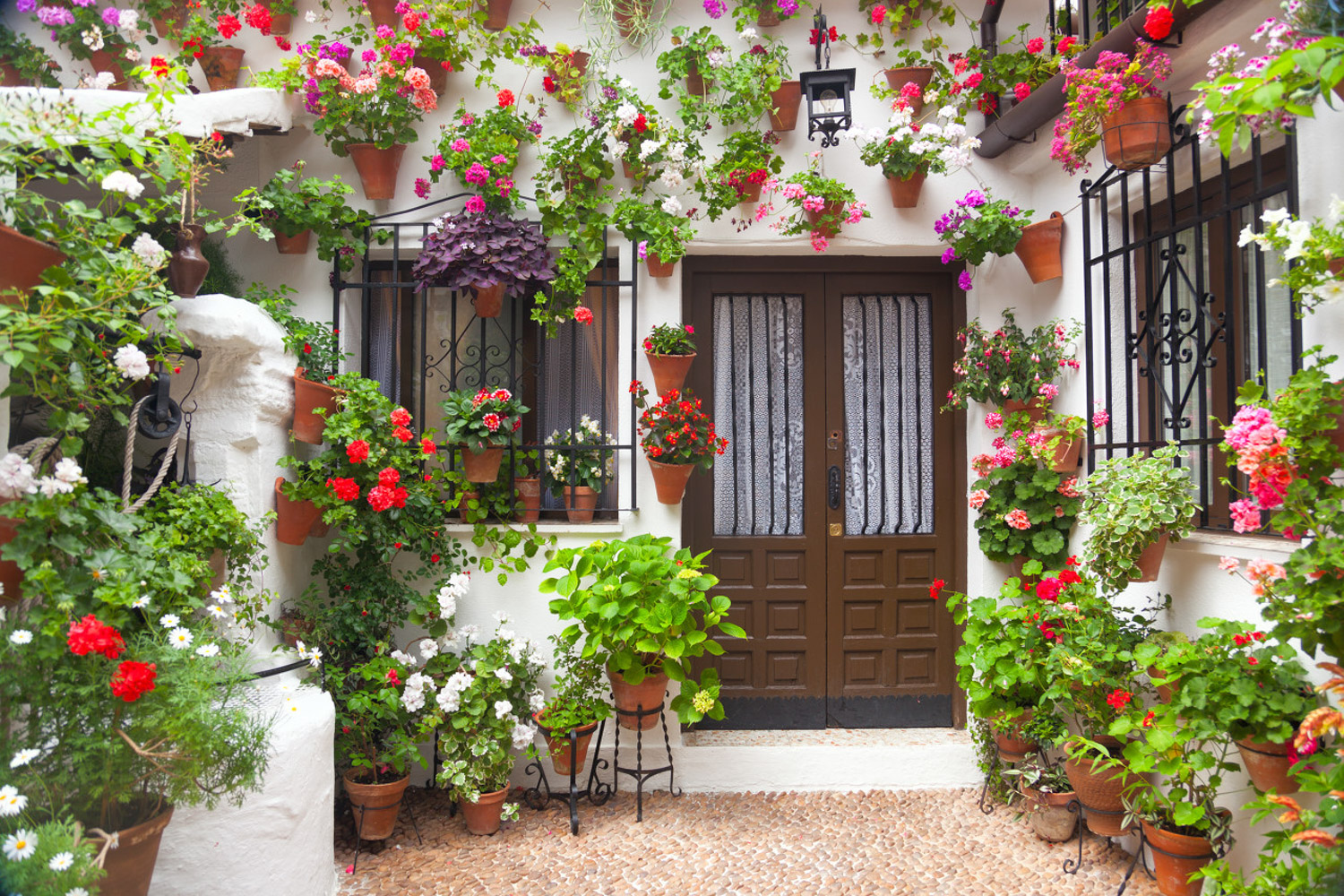
If the plant shape is large, you can first insert an iron bar along the wall of the flowerpot, circle the flowerpot, and separate the pot soil from the flowerpot. Then turn over the flowerpot and carefully pour out the plants and the pot soil

It can be seen from the figure that the root system of rose has extended to the wall of flower pot, indicating that most of the nutrients in the pot soil have been absorbed. If the pot is not changed, the growth of rose will be limited
Use scissors to disinfect the root system of the aged plants. If the root system is found to be rotten, check it carefully and disinfect it in time. Do not clean up all the old soil, which is not conducive to survival
5. Upper basin
Put the plant with soil into the flowerpot, pay attention that all roots of the plant should be lower than the mouth of the flowerpot, then fill it with nutrient soil and compact the nutrient soil
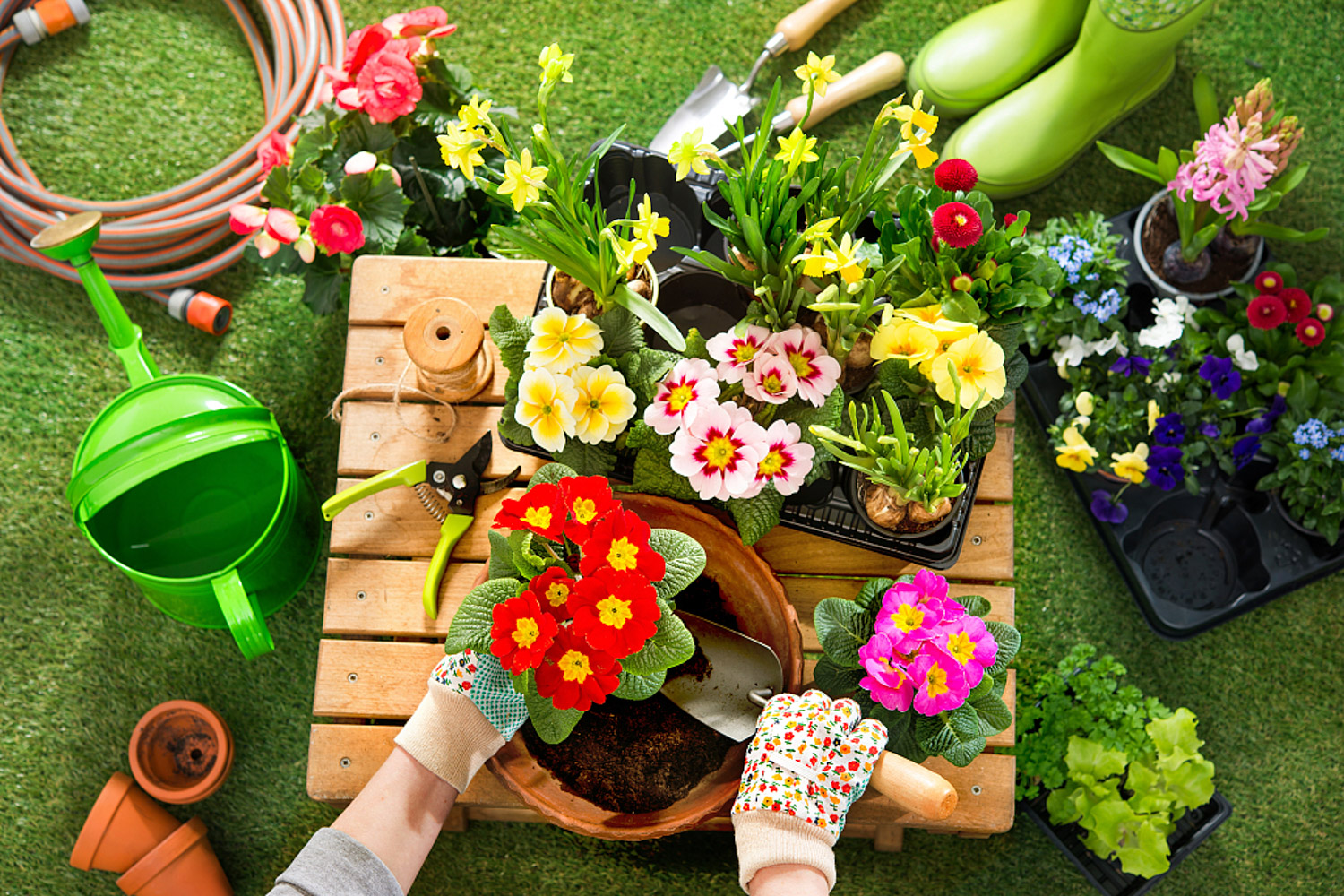
6. Water
Water the plant until it is full, and then water it again when the water is full. Generally, after watering for three times, the flowerpot plants are watered thoroughly. Watering after changing the pots is very important and must be watered thoroughly
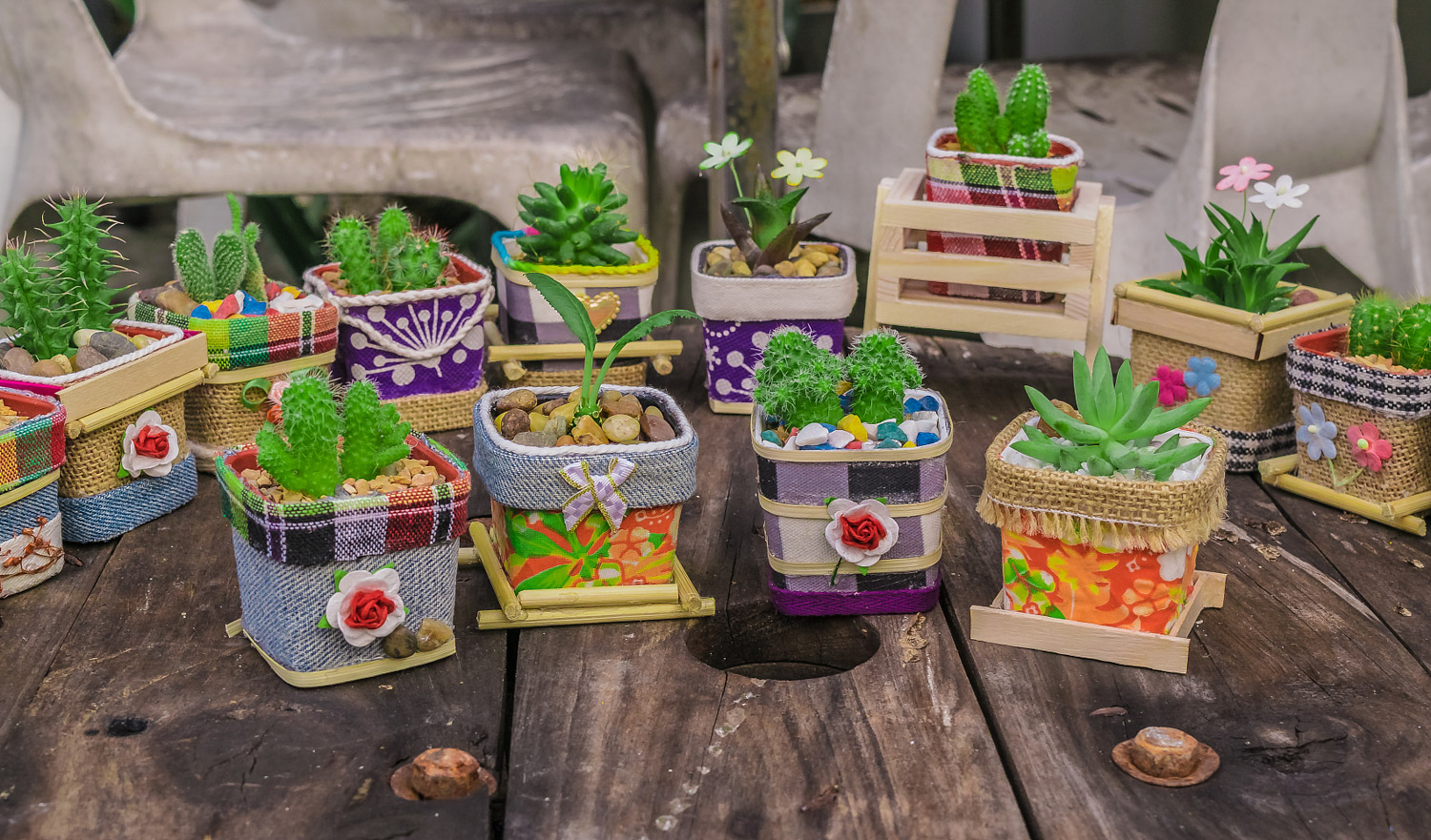
7. Pave the plant
The surface of the flowerpot is paved with green zeolite, which can play the role of insect prevention, moisturizing and root protection, which is very beneficial to the survival of the plant
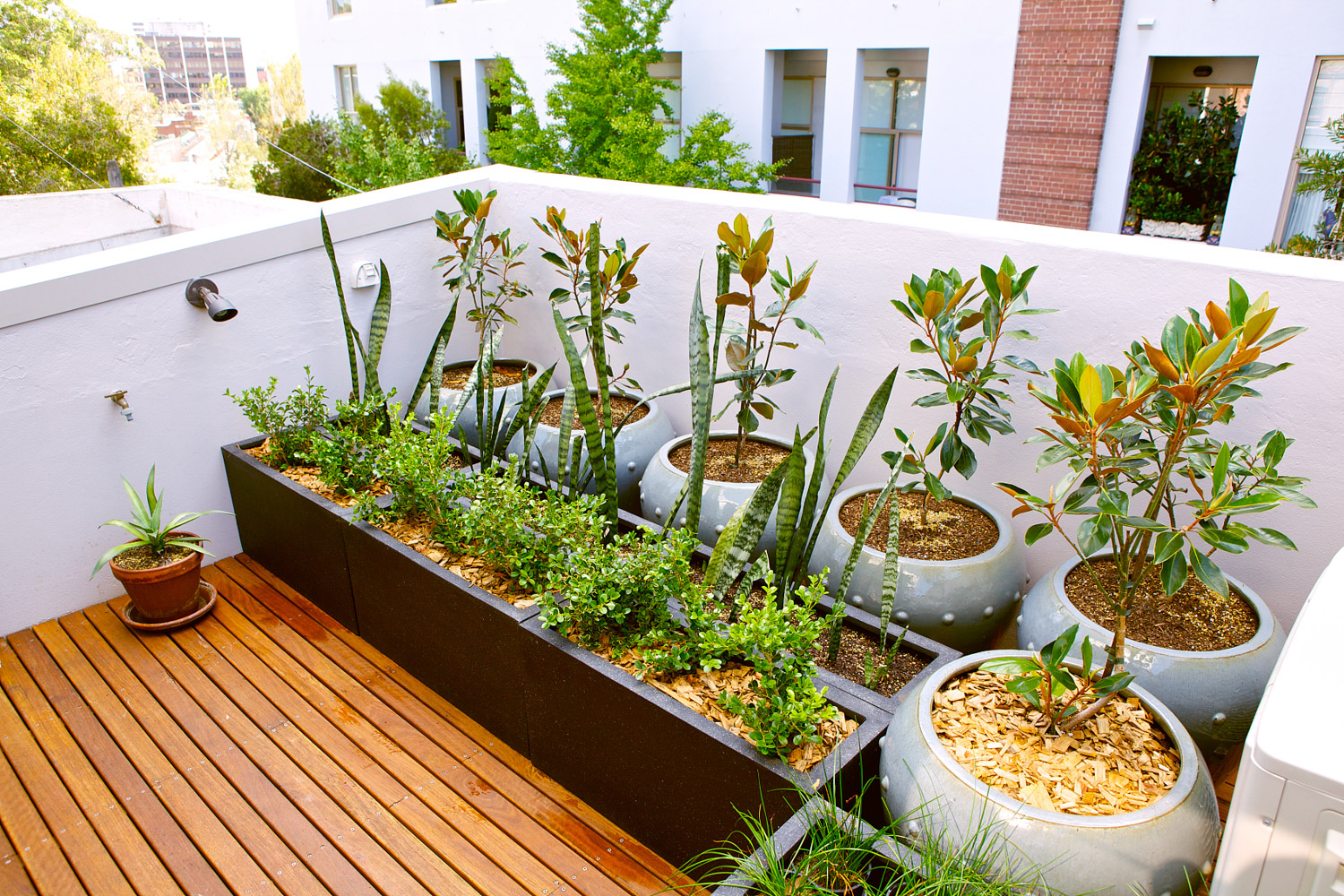
8. Water
After paving, continue to water the plants, so that the basin change work is successfully completed
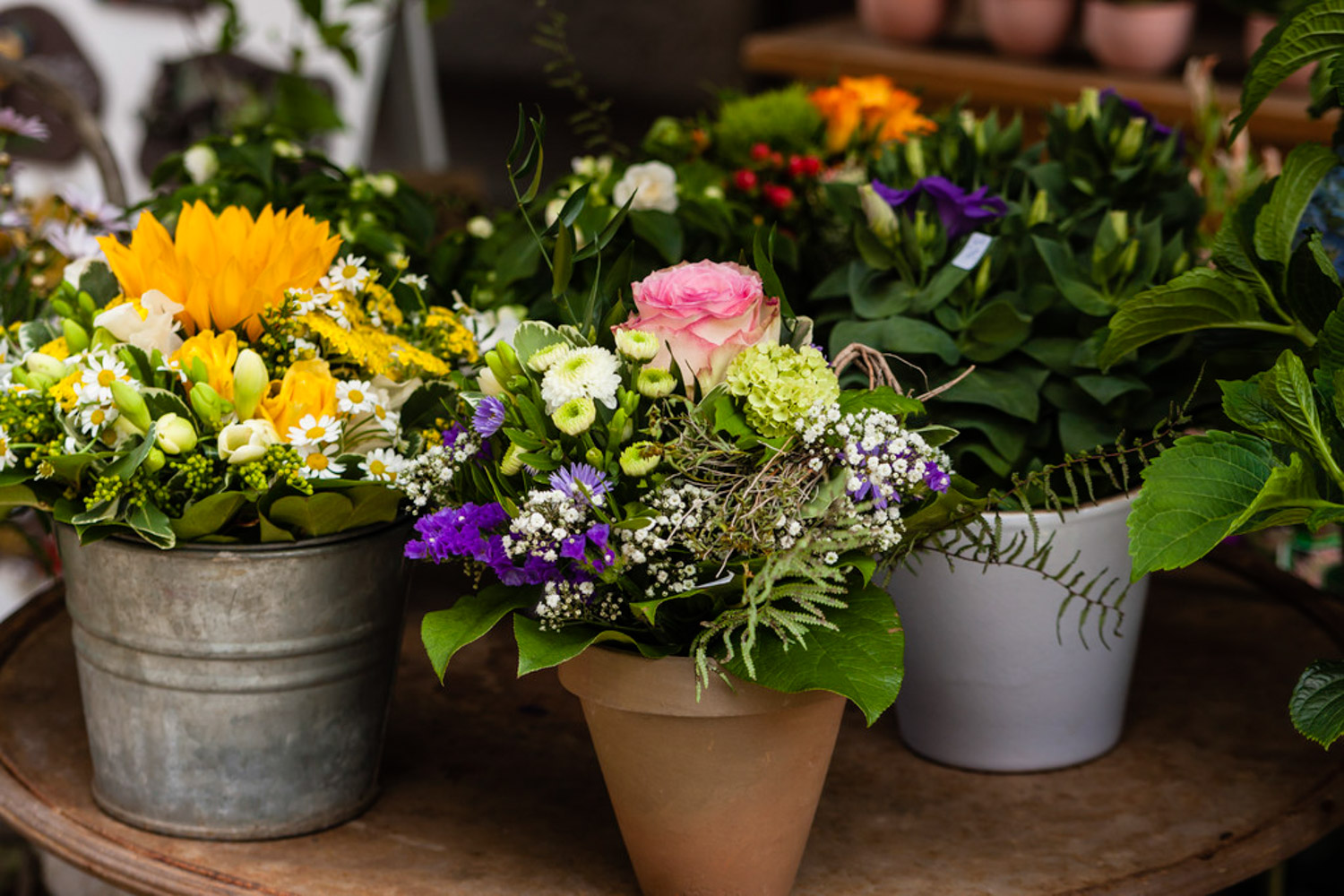
What should I pay attention to after changing the basin
1. Be sure to water after changing the basin
Don't forget whether the flowers can survive or not. Water not only immediately, but also through the water until the tap hole at the bottom of the flowerpot leaks water. But there is an exception, that is, don't rush to water the succulent plants after changing the pots. It takes about a week or two to water them again
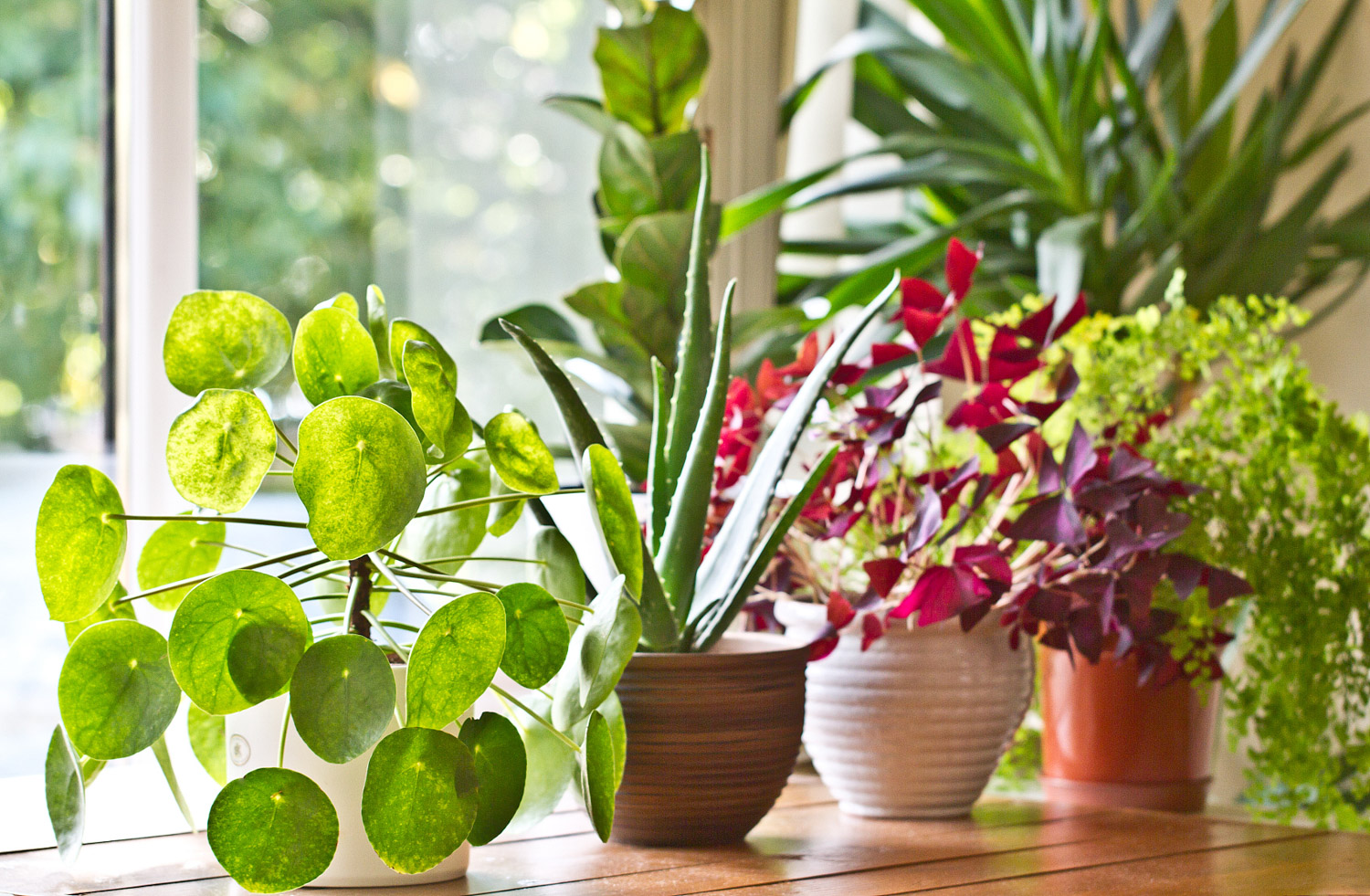
2. Do not put the plant in a place with strong light after changing the pot
After changing the pot, the plant has changed to a new soil environment, which needs some time to adapt and cultivate. At this time, it is best to move the plant to a cool and well ventilated place to avoid direct sunlight, which is conducive to slow the root of the plant and spray water on the leaf surface
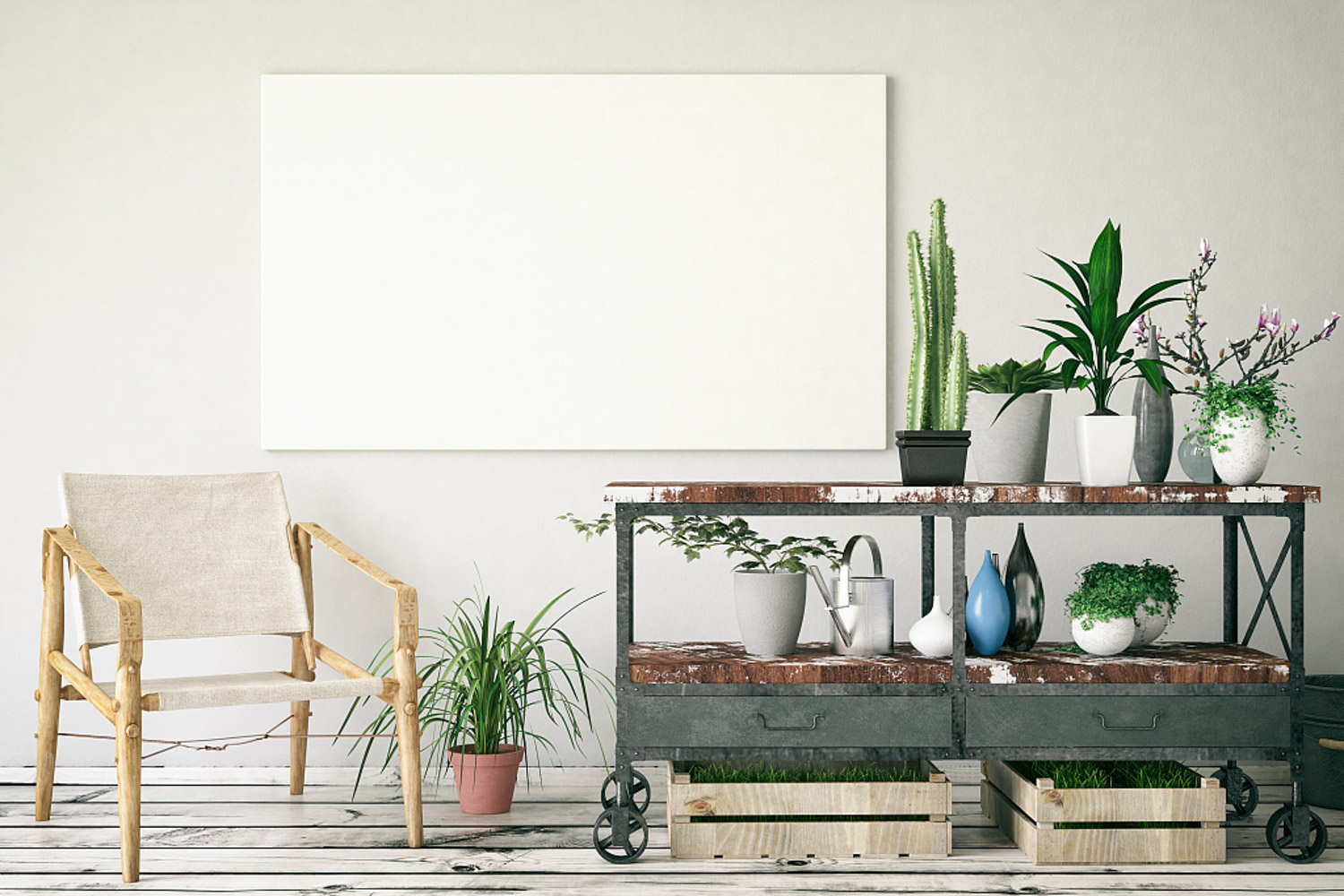
3. Don't be busy fertilizing after changing pots
When changing pots, base fertilizer has been added in the flowerpot, so there is no need to hurry to fertilize the flowers. Generally, after three months, the fertilizer is supplemented according to the growth of the plant, and the fertilizer with too high concentration cannot be used
4. After changing the basin, it can be trimmed appropriately according to the situation
After changing the pot, if the plant branches and leaves are lush, some over dense branches and leaves can be appropriately cut off, which will help to reduce the burden on the plant and reduce water transpiration
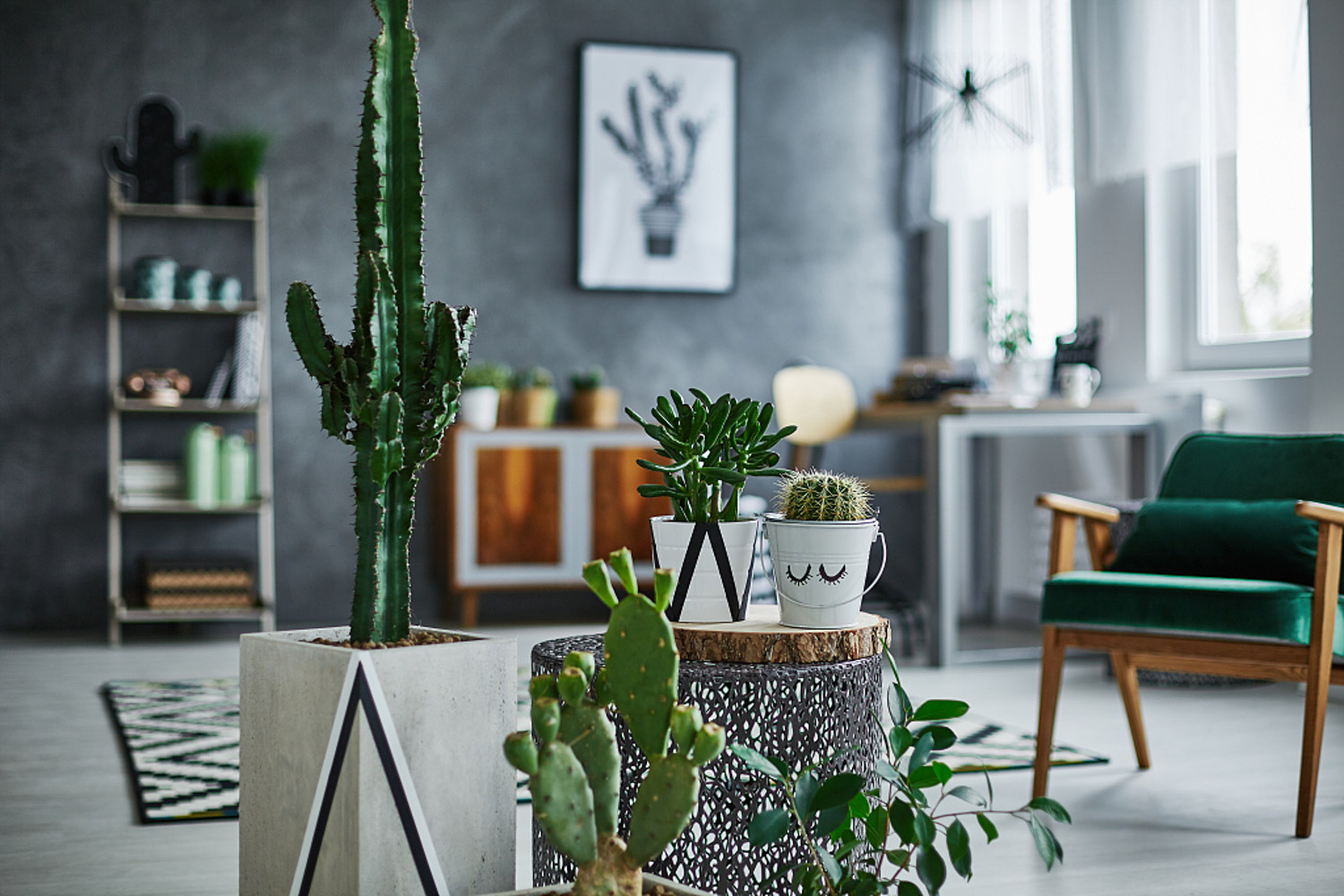

 how many times do yo...
how many times do yo... how many planted tre...
how many planted tre... how many pine trees ...
how many pine trees ... how many pecan trees...
how many pecan trees... how many plants comp...
how many plants comp... how many plants can ...
how many plants can ... how many plants and ...
how many plants and ... how many pepper plan...
how many pepper plan...

























